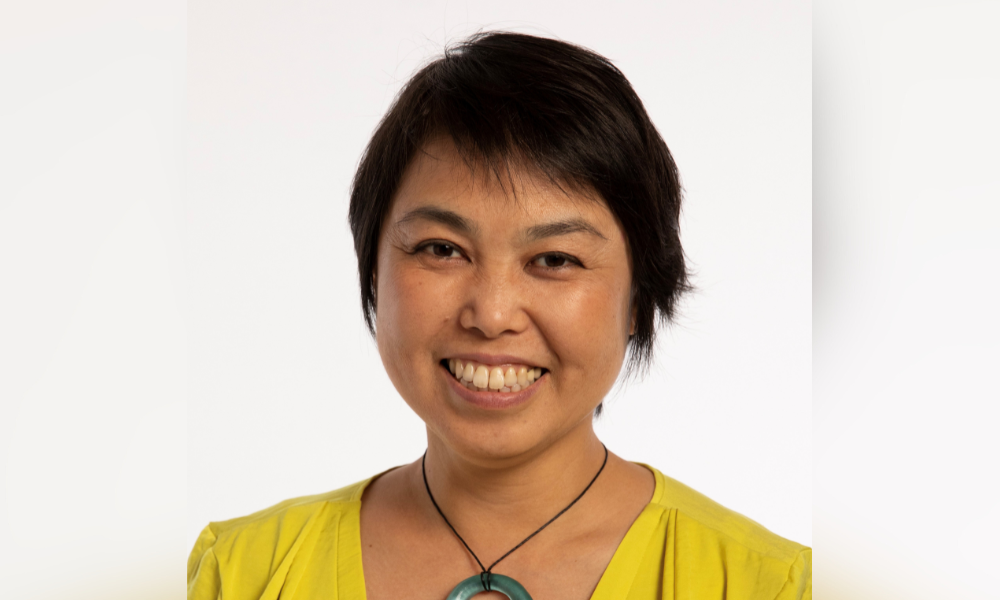Shares plunge 40 per cent after accusations of fraud
(Reuters) — Mike Pearson's methods heading one of the world's most acquisitive drugmakers have long been viewed as troubling to some, merely unorthodox to others.
The chief executive officer of Valeant Pharmaceuticals International Inc has led the company since 2008. During most of his tenure, Valeant was a stock-market winner — until this year.
Shares of Laval, Quebec-based Valeant plunged as much as 40 per cent on Wednesday, before partly recovering, after short-seller Citron Research accused it of fraud. Valeant "categorically" denied the allegations.
It was the latest blow to a company whose pricing practices and patient assistance programs are also under investigation by federal prosecutors.
The stock drop erased almost $10 billion in market capitalization and marked a career nadir for Pearson, whose approach at Valeant has never strayed far from controversy.
Pearson grew up in a family of modest means in London, Ont., the son of a phone installer who sacrificed to send his son to prestigious Duke University, according to the Globe and Mail in 2013.
Early on, Pearson revealed himself as someone willing to work hard to achieve. As a youth, he joined the Boy Scouts and rose to Eagle Scout, the organization's highest rank.
The hard work carried into the head office. The former consultant at McKinsey & Co. took the Valeant helm and started by simplifying the number of businesses and countries Valeant operated in.
"It was an $800-million-in-revenue company that was operating in over 100 countries," Pearson said in a 2014 interview with Institutional Investor magazine. "When I went to the first board meeting, they had the flags of all the countries, and it was like the United Nations."
In 2010, Canada's Biovail and U.S.-based Valeant merged, with the combined company assuming the Valeant name, the Canadian head office, and keeping Pearson as CEO.
Pearson has since carried out dozens of deals at Valeant's helm, including big names such as Salix Pharmaceuticals.
Revenue has grown seven-fold since 2010 to $8.3 billion last year, but Pearson's deal-making has also racked up debt.
Pearson has also faced criticism for a strategy of buying companies and slashing research, and its method of reporting adjusted earnings that some say masks its true bottom line.
In the past, Valeant has said it has begun to disclose more information and defended its business model, saying it is also significantly growing sales of existing products.
The company did not immediately respond to an interview request.




